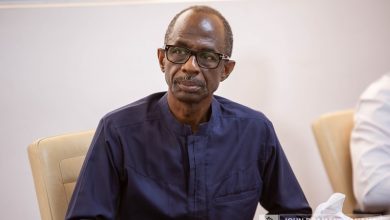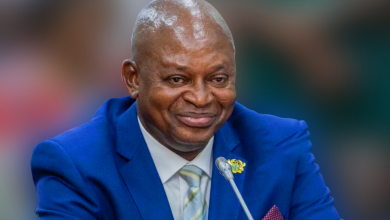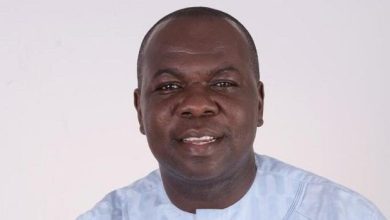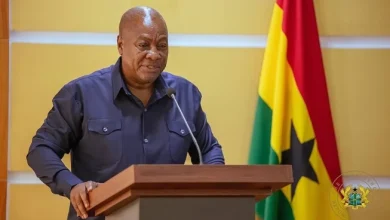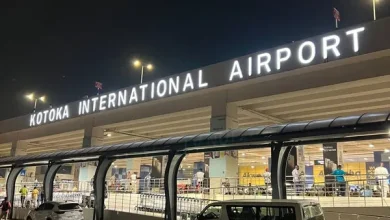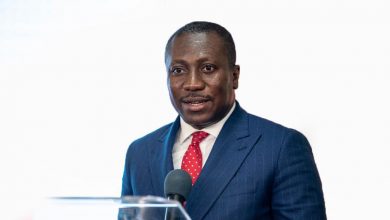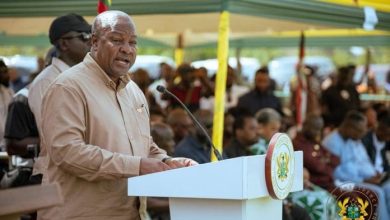Mahama unveils eight-pillar plan to revive Ghana’s economy
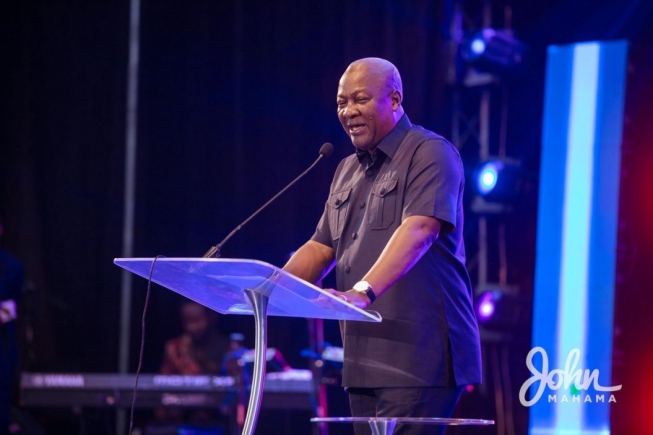
President John Dramani Mahama has unveiled an eight-pillar strategy aimed at revitalising Ghana’s economy.
The plan focuses on fiscal discipline, market confidence, and strategic investments to restore economic stability and drive long-term growth.
Speaking at the Ghana CEO Summit in Accra on Monday, May 26, the president outlined the strategy as follows:
1. Completing the IMF Programme with Discipline
Mahama emphasized the importance of maintaining strict fiscal discipline in government spending and borrowing while working towards targets set under the extended credit fund.
He expects Ghana to complete the fourth review of the IMF programme in June 2025, with an exit strategy by 2026, followed by policy support engagement to reinforce responsible financial practices.
2. Reopening Domestic and International Capital Markets
Plans are in motion to reopen Ghana’s bond markets through collaboration with the IMF, the Ghana Stock Exchange, and local banks. Future borrowing, Mahama stressed, will be linked to self-financing projects by government agencies to ensure sustainable repayment.
3. Strengthening Sovereign Funds and Local Government Financing
The government will amend financial regulations to enforce mandatory contributions to sinking and stabilization funds, ensuring financial security. Additionally, Mahama envisions empowering municipalities to issue infrastructure bonds for local development, including roads, schools, and water systems.
4. Clearing Verified Arrears and Rationalising Public Investments
A comprehensive audit of government arrears is underway, with plans to clear legitimate debts transparently. New projects will be prioritised based on need, funding availability, and alignment with national interests.
5. Accelerating Public Financial Management Reforms
To enhance financial efficiency, the administration will reactivate reforms like the Treasury Single Account (TSA), integrated tax administration, and real-time budgeting tools to curb waste and corruption.
6. Revitalising Exports Through Ghana Exim Bank
The Ghana Exim Bank will be repositioned to boost non-traditional exports, agro-processing, light manufacturing, and SMEs, enhancing foreign exchange reserves while creating jobs in the real economy.
7. Building Ghana into a Regional Hub for Trade and Investment
Ghana aims to become West Africa’s premier commercial, transport, and digital services hub. Key sectors such as port expansion, financial services, healthcare, education, and industrial corridors will be strengthened to connect local businesses with the African Continental Free Trade Area.
8. Resuming Infrastructure Development to Stimulate Growth
Mahama stressed that infrastructure investments are essential for economic growth. His administration will prioritise roads, energy, water, housing, and urban renewal projects through innovative financing models like the Big Push, public-private partnerships (PPPs), and strategic collaborations.

